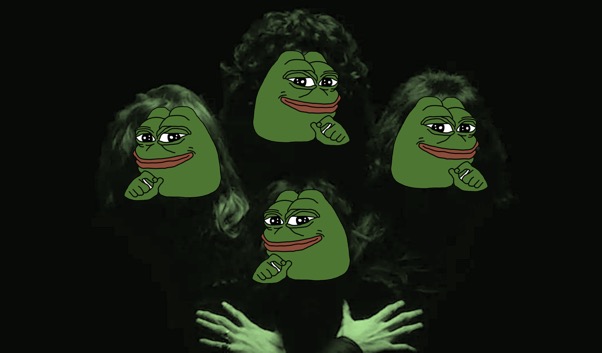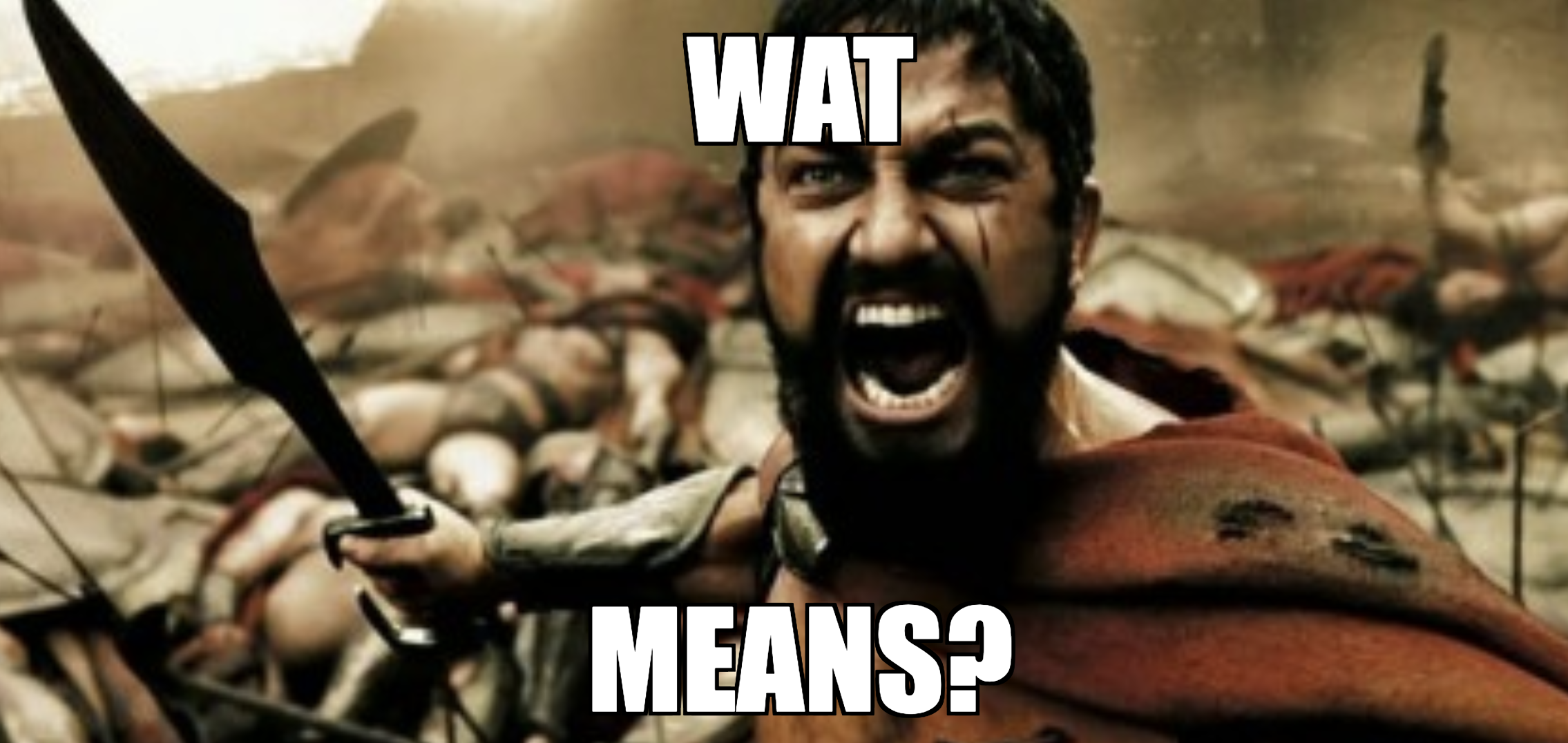Ideologues seem incapable of doing so without resorting to name-calling.
Mycenaean Rhapsody

Nothing really matters, zany pervs can see.
Michael Anton’s extended review of Bronze Age Pervert’s reactionary manifesto-slash-self-help book Bronze Age Mindset, perhaps predictably, set off a mainstream media firestorm. Among the most serious (and lengthy) approaches to a text equal parts absurd and historically-situated, “a simplified pastiche of Friedrich Nietzsche written by an ESL-middle-school-message-board troll” (I prefer the “lolcats Nietzsche” myself), Anton’s review is correct to take elements of this seeming internet troll seriously. As a phenomenon, Bronze Age Pervert is perhaps the most fascinating figure to emerge among the networked reactionary Internet—all the more so because, well, he spends more time posting homoerotic pictures of Aryan men on Twitter than actually expounding philosophy.
But what Anton either overlooks (or is consciously, subtly, participating in) is the degree to which sheer trollery lies at the heart of both BAP’s public persona and reactionary transgressive culture as a whole. What BAP does well—or at least effectively—is combine zany nihilism with atavistic, neo-Nietzschean zeal for destroying overly feminized and civilized “bugmen.” His manifesto at once touches on the same themes—innate hierarchy, biological facticity, masculine supremacy, the denaturing (in all senses) of Western civilization—that have dominated reactionary discourse from Nietzsche to Mussolini. It’s a kind of brutal paganism: a desire to imbue “nature,” from racial makeup to Petersonian lobsters, with a sanctified legitimacy. “Could it be that BAM’s frivolous surface hides a serious core?” Anton writes. Yes. But.
The absurdity is the point
Anton minimizes the significance of the lolcats generator. He treats BAP’s middle-school-message-board-style as a kind of playful obfuscation to keep the “normies” out. “The internet pidgin,” he writes, “simultaneously attracts the young—who by nature enjoy slang for its exclusionary effect on the duffers (which is why, to remain effective, slang must be constantly reinvented)—while putting off said duffers, who will assume that such drivel cannot be serious and thus is not worth their attention, much less their worry.”
But the slang, the trolling, is part and parcel of BAP’s project. He’s not using jokes as a cover to say something serious. The heart of BAP is the heart of the joke: which is that, simultaneously, it feels good to get riled up about atavism and bugmen and Civilizational Collapse, in a dopamine-hit-to-the-brain sort of way, but also, nothing really matters, anyway. The sheer ridiculousness both of BAP and of his subsequent media fame—Politico published an article about people in the White House reading the manifesto of a guy who writes in memes and posts what is functionally gay porn on his Twitter?—is no less integral to the BAP-phenomenon than its Nietzscheanism. The fact that BAP is getting this much coverage (even in these pages) is the joke. And those who get the joke, who are “in on it,” are privy to a sense of reality far more flint-edged, and nihilistic, than the hysterical culture-war narratives prized by so much of the American Right.
BAP captures the transgressive nature of Internet nihilism: the swamp from which the modern alt-right was formed. That 4Chan culture, as I’ve written previously, is at its core about pure unfettered irony: the Internet as the ultimate form of disembodied disengagement. While that culture morphed, from “ironic transgressive racism” into, well, actual racism, in the birth of the alt-right, BAP goes back to the source.
He’s trolling not just “the libs,” but also his own followers, the Conservative establishment, and anyone unlucky enough to take his ideas too seriously. He’s trolling a world in which the chattering classes and lonely rebels-without-a-cause conspire both to find meaning and to subvert it. In the end, BAP just wants to watch the world burn. He offers those who “get” him the seductive chance to be “in on the joke” with him and his followers. But his real goal is absurdity, not beauty.
For tonight, we dine on hell
Back in 2006, a Minnesota seventh-grader named Mitchell Henderson committed suicide. Shortly after his death, a classmate posted a grief-stricken message on Henderson’s memorial page. Mitchell, it said, was “an hero [sic] to take the shot, to leave us all behind. God do we wish we could take it back” now. The phrase—its mawkish sincerity, its misspelling—was catnip to the denizens of the 4Chan “/b/“ forum, which is devoted to random and often offensive content. Within hours, as Angela Nagle recounts in Kill All Normies, 4Chan trolls were contacting Henderson’s parents pretending to be his ghost, leaving iPods on Henderson’s grave (another classmate referenced Henderson’s lost iPod on the memorial page), hacking Henderson’s page, pasting his image into hardcore pornographic scenes, and otherwise harassing those devastated by Henderson’s death.
The furor over Henderson ultimately died down. But the Internet phrase “an hero” did not. The phrase become a common meme in internet culture. Today, it’s often applied to what many on the far-right see as “actual” heroics—suicide-by-cop during the enactment of white supremacist murder. The Christchurch mosque shooter explicitly referred to himself as “an hero” in his published manifesto, while supporters of the Poway synagogue shooting gleefully celebrated him in the same terms.
BAP may condemn the bugman. But he’s not calling us all to be atavistic heroes. Rather, to BAP, we are all “an hero”: laughing at the void, which laughs right back at us.
The American Mind presents a range of perspectives. Views are writers’ own and do not necessarily represent those of The Claremont Institute.
The American Mind is a publication of the Claremont Institute, a non-profit 501(c)(3) organization, dedicated to restoring the principles of the American Founding to their rightful, preeminent authority in our national life. Interested in supporting our work? Gifts to the Claremont Institute are tax-deductible.
Our decadent elite cannot survive our technological transformation.
The BAPists may be fun to read, but there is little of value beneath their empty aesthetic.
Traditional conservatives could use a fresh rhetoric of masculinity.
New artefacts overthrow old impostures.
What should the Right make of Bronze Age Pervert and his Twitter devotées?






